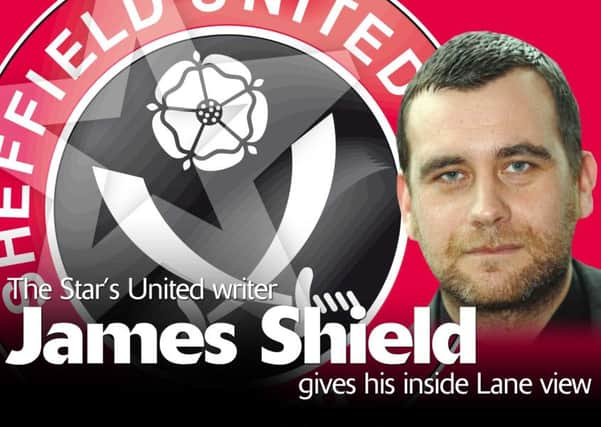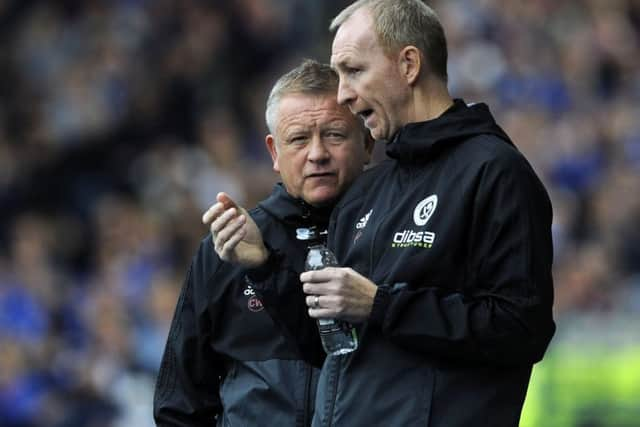James Shield's Sheffield United Column: Selling David Brooks does not indicate the extent of The Blades' ambition, but how his fee is invested will


So, faced with the prospect of playing in the Championship or becoming an overnight millionaire, no blame should be attached to David Brooks for choosing to join Bournemouth. It is disappointing he is leaving. But understandable.
Sheffield United should not be criticised either for accepting the Premier League club’s offer. Yes, they have made some questionable decisions in the past. Particularly when it comes to selling players. But in this instance, having been informed the 20-year-old quite fancied heading south, they had little choice but to accept the inevitable and start negotiating. (Although there is no suggestion Brooks would have caused problems if his wish was not granted, disappointed individuals are rarely conducive to building or maintaining team spirit).


Advertisement
Hide AdAdvertisement
Hide AdWhat will decide if selling the Wales international proves sensible business is how Bramall Lane’s hierarchy decide to use a fee. £12m, £15m if Brooks performs on the south coast, could do an awful lot of damage in the Championship. Manager Chris Wilder boasts a sharp eye for talent. After all, having signed John Fleck for nothing and Jack O’Connell for bobbins, he was responsible for handing the lad his EFL debut.
Criticism of the decision is inevitable. United will be accused of caving-in, saying one thing and then doing something else. There have been times when those charges were justified. But, in the interests of fairness, not right now. Yes, they could have offered to improve Brooks’ conditions eight months after awarding him an extended deal. However, with Eddie Howe’s side banking £111,246, 515 from the PL last term, matching his salary on the south coast would have been impossible. Even before such a move probably triggered pay claims from other members of the squad. Many of their deals, recently renegotiated, were designed to reflect their standing and seniority.
Although losing someone of Brooks’ talent and potential is undoubtedly a blow, United can limit the damaging by handing Wilder most, if not all, of the money they will receive. Some will probably be siphoned off to fund other projects. But, other than depositing a slice in the Steelphalt Academy’s coffers to recognise its work with Brooks, the overwhelming majority must be made available for him to spend.
Yes, United are a selling club. Just like Paris Saint Germain, Borussia Dortmund and Liverpool who have all recently moved on players. But sensible selling clubs, ones with a strategy and vision, use the cash they bank to strengthen. That is the true gauge of ambition.